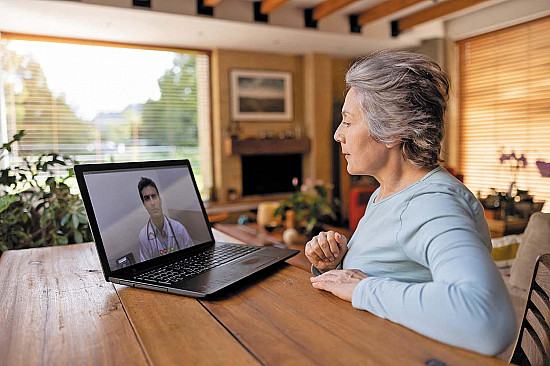Try this: Light therapy
- Reviewed by Howard E. LeWine, MD, Chief Medical Editor, Harvard Health Publishing; Editorial Advisory Board Member, Harvard Health Publishing

Seasonal affective disorder (SAD) is a type of depression that typically begins during the late fall and early winter months, when daylight hours are fewer and sunlight exposure decreases. Sunlight stimulates the hypothalamus, a part of the brain that helps control your circadian rhythm — the body’s internal 24-hour sleep-wake clock. Lack of light can throw off your circadian rhythm and cause the brain to produce too much of the sleep hormone melatonin and reduce serotonin, the feel-good brain chemical that affects mood. The result: you feel low and lethargic.
One way to manage SAD, and even help prevent it, is with light therapy, which uses a light box that emits a bright, white light. As far as your brain is concerned, this artificial light works just like natural sunlight. Here are some tips for using light box.
Get enough intensity. Your light box should emit at least 10,000 lux. (andamp;ldquo;Lux” is a measure of light intensity.)
Begin in the morning. Try to get in some light time soon after you awake, ideally before 10 a.m.
Don’t stare. Keep the box in front of you or just off to the side and about a foot away. Keep your eyes open, but don’t look directly at the light.
Get enough time. You should absorb light for about 30 minutes a day. You don’t have to do it all at once, either.
Possible minor, temporary side effects include headaches and irritability. Additionally, certain medications may increase your skin’s sensitivity to sunlight and light therapy, so consult your doctor.
Image: © Rocky89/Getty Images
About the Author

Matthew Solan, Former Executive Editor, Harvard Men's Health Watch
About the Reviewer

Howard E. LeWine, MD, Chief Medical Editor, Harvard Health Publishing; Editorial Advisory Board Member, Harvard Health Publishing
Disclaimer:
As a service to our readers, Harvard Health Publishing provides access to our library of archived content. Please note the date of last review or update on all articles.
No content on this site, regardless of date, should ever be used as a substitute for direct medical advice from your doctor or other qualified clinician.
















